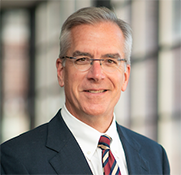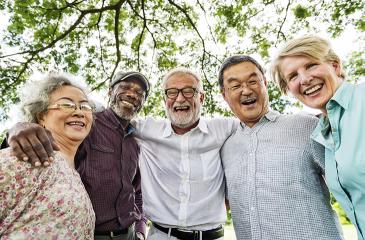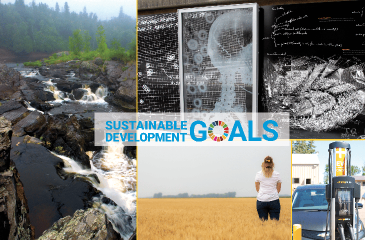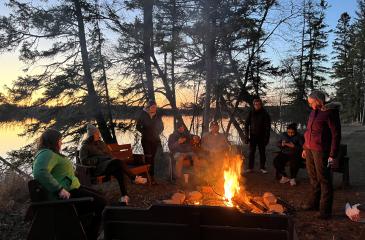The Minnesota Northstar Geriatrics Workforce Enhancement Program (MN GWEP) at the University of Minnesota received $5 million in renewed funding from the Health Resources and Services Administration (HRSA) to improve the health care and health of older adults across the state.
The five-year award enables MN GWEP’s interprofessional team to build upon its existing collaborations with community partners to deliver educational programs in primary care sites, ultimately providing supportive care personnel, direct care workers, and the primary care workforce with skills to improve the health care of older adults in Minnesota.

“We are tremendously excited to partner resources at the University of Minnesota with community organizations, governmental entities, and service providers to train the health care workforce to better care for the state’s older adults,” said James Pacala, MD, MS, MN GWEP director, and professor and head of the Department of Family Medicine and Community Health.
MN GWEP works with older adults, their families and caregivers, as well as health care trainees and providers in Minnesota’s tribal, tribal organizational, underserved, and rural settings. Through these partnerships and renewed funding, MN GWEP will continue to enhance geriatric care delivery and education throughout the state by:
- Expanding our work to transform clinical training environments into integrated geriatrics and primary care sites and delivery systems that are age-friendly.
- Providing interprofessional geriatrics clinical training and education for students, residents, fellows, faculty, and preceptors.
- Establishing and maintaining education and training programs for supportive care, direct care and primary care workers with knowledge and skills to improve the care of older adults, including persons living with dementia.
Since receiving its initial $3.74 million HRSA Geriatrics Workforce Enhancement Program award in 2019, MN GWEP has been a leader in training Minnesota’s health care workers. Over the past five years, MN GWEP has:
- Worked with eight community partners to provide greater access to education in aging and dementia, improve geriatrics training in health professions, and transform the delivery of age-friendly care.
- Implemented a multi-faceted geriatrics training program to reach a wide variety of health care providers and interprofessional learners across the state.
- Trained health professionals, students and community members on how best to support older adults.
Additionally, MN GWEP has supported families and direct care workers, as well as developed dozens of courses and teaching materials, established an Age-Friendly Care and Education Collection with more than 1,300 resources, and served more than 38,000 health professionals and learners, as well as patients, families, caregivers and community members through MN GWEP events, conferences and trainings.
The Minnesota Northstar GWEP is energized by the state-wide efforts of Age-Friendly Minnesota with the goal to enhance age-friendly communities to enable all residents to thrive at every age and life stage. The MN GWEP participates in a global network of Age-Friendly Universities and a nationwide network of Age-Friendly Health Systems.
In addition to Pacala, MN GWEP is led by Co-Directors Kristine Talley, PhD, RN, and Joseph Gaugler, PhD. MN GWEP project leaders come from the University of Minnesota schools of Medicine, Nursing, Public Health, Dentistry, Pharmacy, Physical Therapy, Long Term Care Administration and Social Work, along with community partner organizations.



